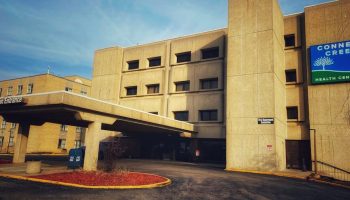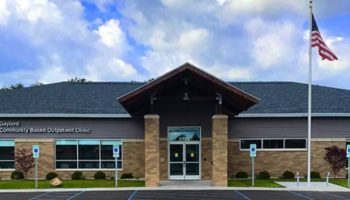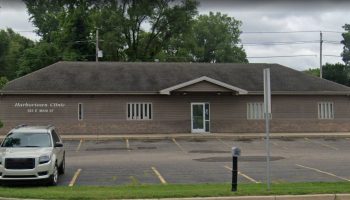About Rainbow Center of Michigan Inc Monroe – Closed
The Rainbow Center Monroe Clinic provided medication-assisted treatment (MAT) for individuals with opioid or other substance dependencies and co-occurring mental health conditions. Nestled on South Telegraph Road in Monroe Charter Township, just south of Detroit’s metro area, the clinic was one of three outpatient opioid clinics operated by the Rainbow Center of Michigan.
With a focus on inclusive care, the facility provided a conducive space where clients feel empowered to openly express themselves and receive the compassionate support needed to take meaningful steps forward. They provided support for LGBTQ+ individuals, people living with HIV/AIDS and those involved in the court system. A dedicated treatment option was available for pregnant and postpartum women, emphasizing maternal health, safe delivery outcomes and child safety through coordinated care.
To keep costs low, the facility accepted Medicaid, Medicare & Medicare Advantage and a variety of private insurance plans. Another great thing about them was that they provided same-day dosing upon admission which ensured prompt access to care.
Opioid Detoxification and Medication-Supported Treatment
Most clients began their healing journey here with medical detox, following thorough assessments that included physical and medical examinations. During this short-term procedure, expert clinicians closely monitored clients and administered FDA-approved methadone to ease discomfort and ensure a safe withdrawal.
Once stabilized and in good health, clients progressed toward long-term abstinence through ongoing medication-assisted treatment (MAT). This long-term approach involved a personalized prescription of methadone or buprenorphine, helping clients manage painful withdrawal symptoms and curb intense cravings. They then participated in therapeutic sessions and substance use education classes to build effective strategies for relapse prevention.
Integrated Health Services To Support Recovery
The program integrated HIV/AIDS screening to identify infections early, provide timely treatment and reduce the risk of transmission within the community. This was especially important for intravenous (IV) drug users, who face higher risks of infection due to sharing needles. Urine drug screening was used to monitor progress and ensure compliance with treatment guidelines as clients worked through their recovery.
Contact
14733 South Telegraph Road
Monroe, MI




